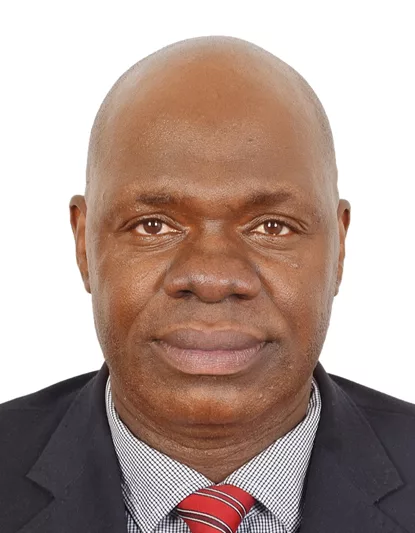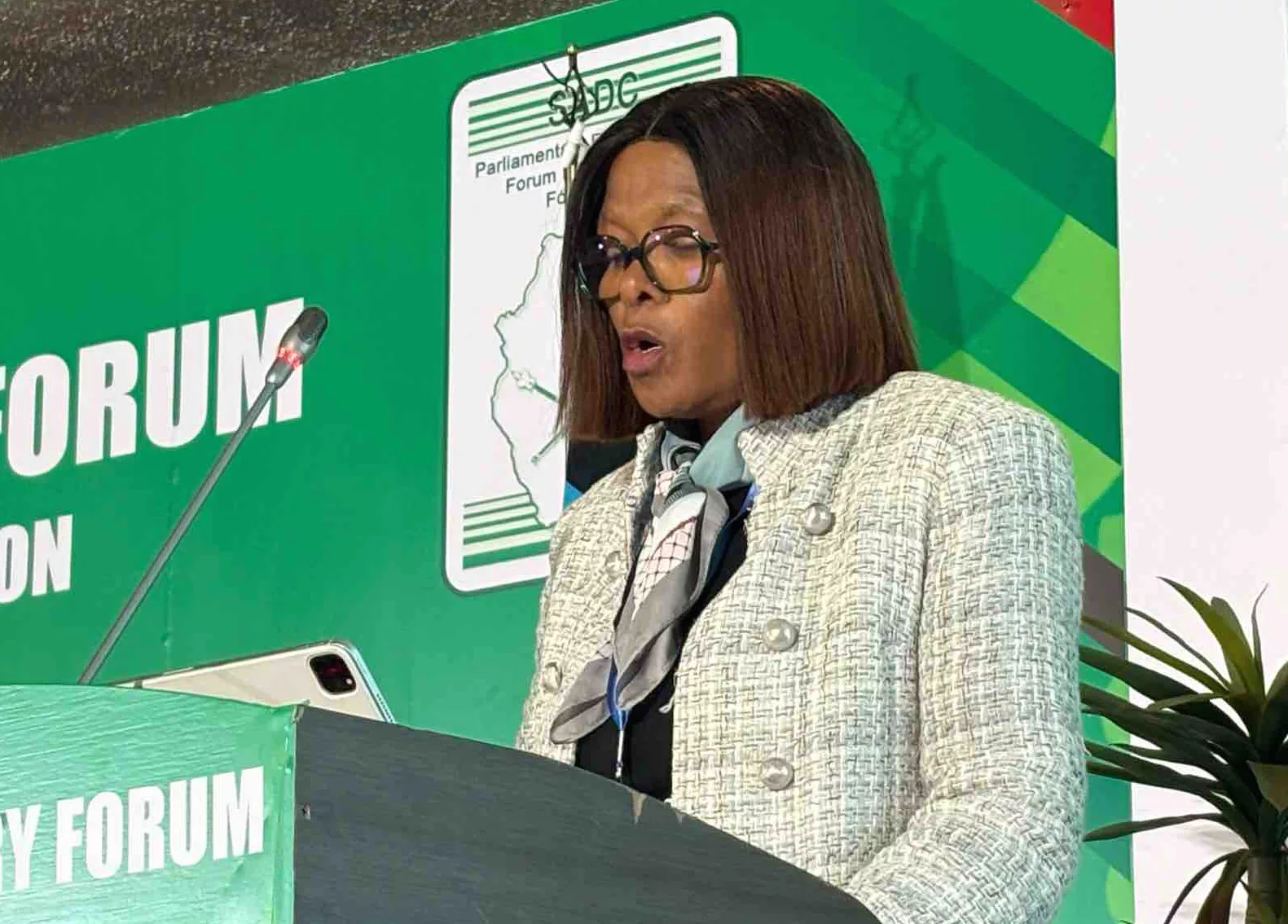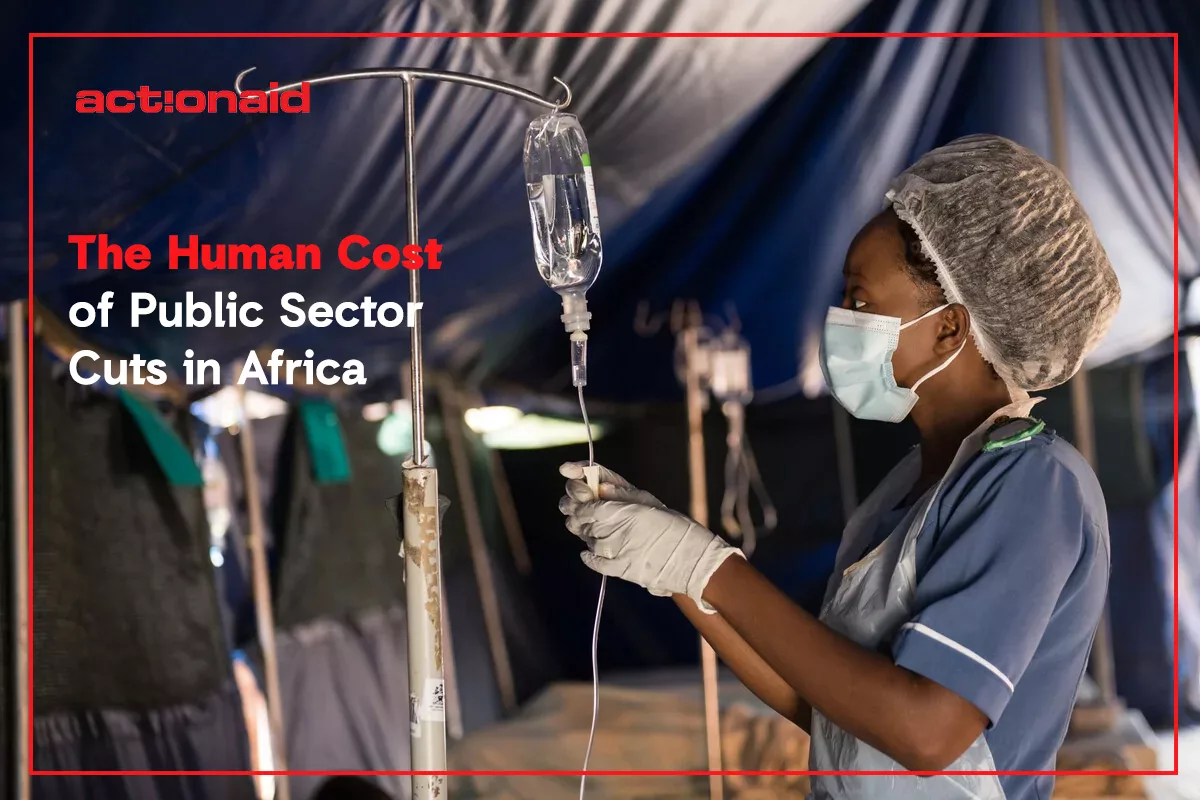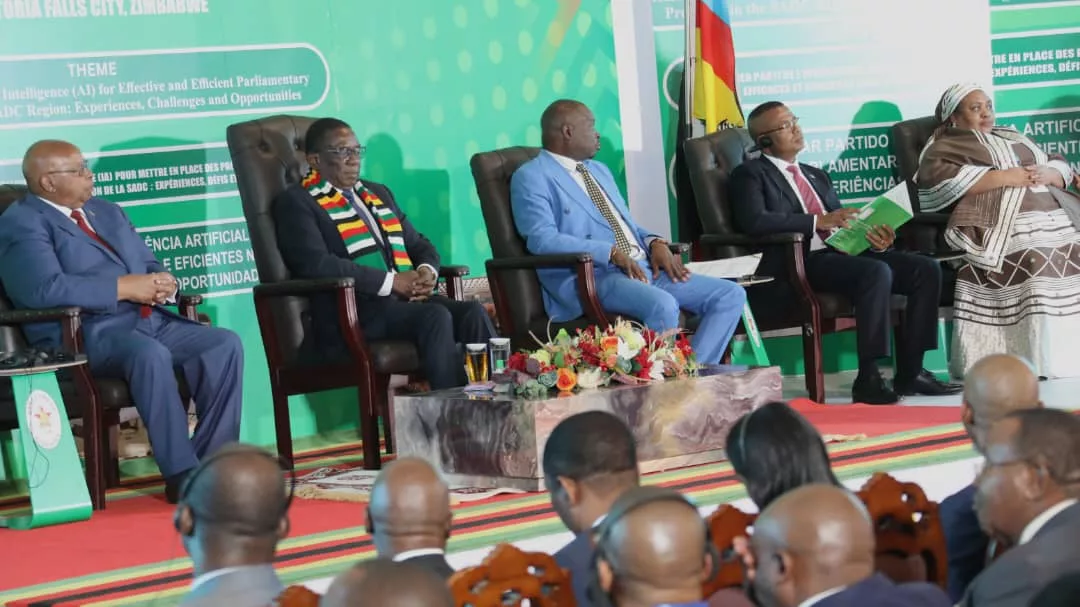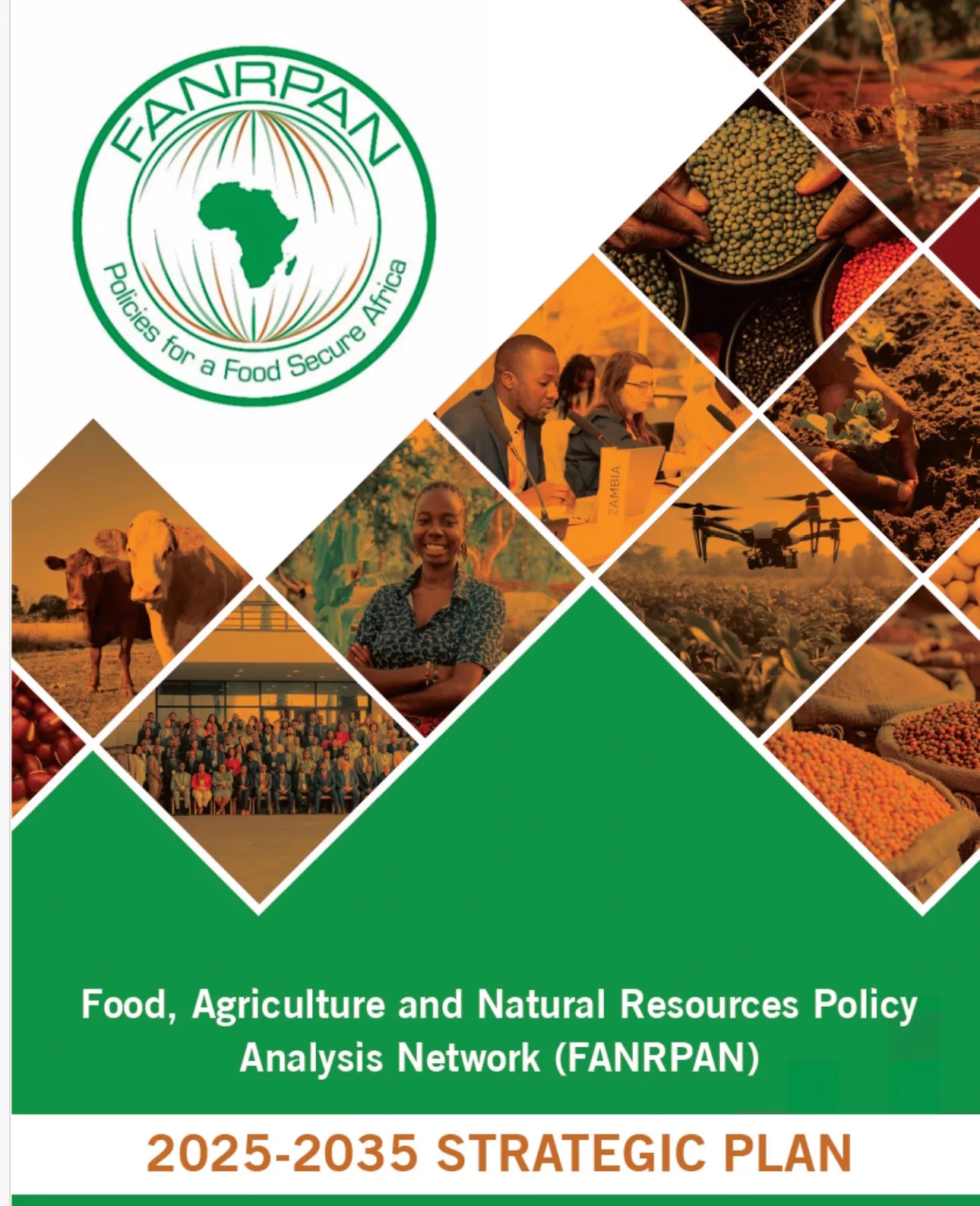|
Getting your Trinity Audio player ready...
|
The World Bank and the International Monetary Fund (IMF) – known as Bretton Woods institutions, have been urged to finance Southern Africa’s effort to build resilience to climate change, promote sustainable development, and reduce poverty.
The Briton Woods institutions were established after World War II to promote global economic stability and development.
Southern Africa Region Climate Action Network (SARCAN) argues that these institutions have not done enough to address climate finance disparities affecting the region.
Shepherd Zvigadza, the SARCAN Coordinator said climate finance is crucial for Southern Africa. In that regard, he said the World Bank and IMF have a vital role to play in addressing the region’s climate challenges.
Southern Africa is particularly vulnerable to climate change, with rising temperatures, changing rainfall patterns, and increased frequency of extreme weather events affecting the region’s economic development, food security, and human well-being.
Some concerns include:
- Limited access to climate finance: Southern African countries face barriers in accessing funding for climate change mitigation and adaptation projects.
- Conditionalities and debt: Loans from these institutions often come with strict conditions, leading to debt traps and limiting the ability of southern African countries to implement climate policies.
- Lack of representation: The governance structures of these institutions are often dominated by developed countries, limiting the voice and influence of Global South countries such as those in Southern Africa.
- Focus on economic growth: The primary focus of these institutions has traditionally been on promoting economic growth, which can come at the expense of environmental and social considerations.
“The Britonwoods Institutions need to look at themselves in the mirror and face their past, and current action,” said Zvigadza.
“The current approach, to date, shows that they seem not to understand the scale of this challenge. By fixing the finances, the World Bank and the IMF can help Southern Africa build resilience to climate change, promote sustainable development, and reduce poverty,” he added.


